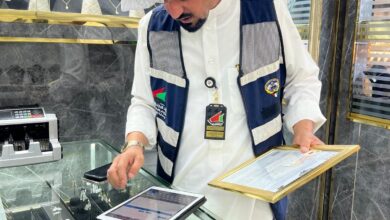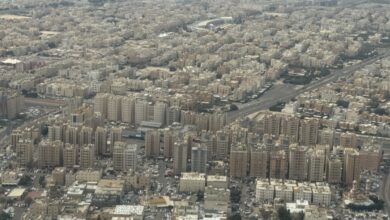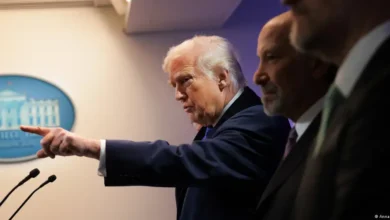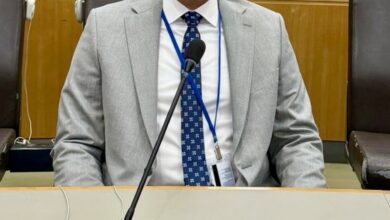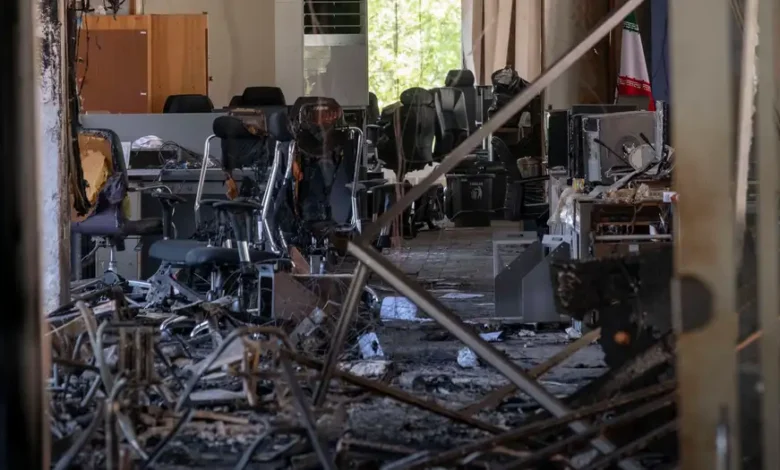
Iran has indicated a willingness to resume nuclear negotiations but only if Israel halts its ongoing military operations. Iranian Foreign Minister Abbas Araghchi made the statement following a meeting in Geneva with his counterparts from Germany, the United Kingdom, and France.
While reaffirming Tehran’s commitment to diplomatic engagement, Araghchi stressed that discussions could only continue once Israel’s “aggression” ceases, reports dw.com
“We support the continuation of dialogue with the three European countries and the European Union,” Araghchi said. “Iran is ready to meet again soon, but the attacks must stop.”
Public outrage is growing across the region. In Tehran and other Iranian cities, mass protests erupted, with demonstrators displaying images of military commanders killed in the conflict. In Lebanon, Hezbollah supporters denounced Israel and the U.S., while tens of thousands of Iraqis called on their government to ban Israeli jets from using Iraqi airspace.
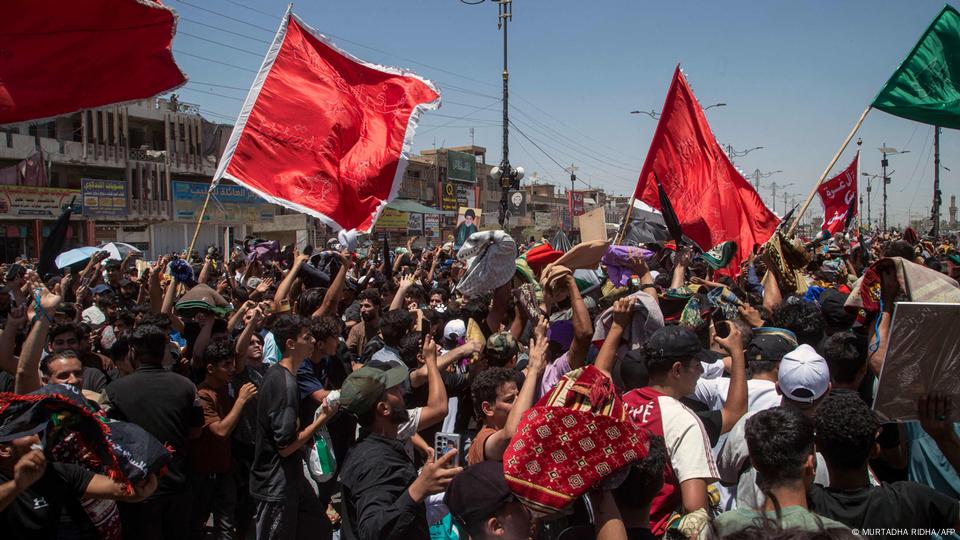
The Geneva meeting concluded with cautious optimism from European officials. German Foreign Minister Johann Wadephul said the talks offered “a fundamentally positive impression” that Iran was still open to negotiations on key issues. “The region is in an extremely critical situation. It is our shared goal to prevent further escalation and find a diplomatic path forward,” he said.
Wadephul also emphasized the need for U.S. involvement. “The United States must be part of these negotiations to ensure a comprehensive solution, especially in safeguarding Israel’s security,” he stated.
French Foreign Minister Jean-Noel Barrot and UK Foreign Secretary David Lammy echoed similar sentiments, affirming that Iran showed willingness to continue discussions. Lammy underlined that Iran must not be allowed to acquire nuclear weapons.
While Iran insists its nuclear program is for peaceful purposes, both international experts and the International Atomic Energy Agency (IAEA) have voiced concerns over its transparency and intent.
Meanwhile, the conflict between Israel and Iran continues to intensify. Israeli Defense Forces (IDF) Chief of Staff Eyal Zamir warned that the military campaign against Iran could be “lengthy,” calling it “the most complex operation in Israel’s history.” Reports from Israeli public broadcaster Kan suggested the war might last up to three weeks unless the United States intervenes militarily.
U.S. President Donald Trump has stated he will decide within two weeks whether to join the conflict, a move that could dramatically shift the balance in the region.
Tensions also rose after Iran reportedly arrested a European national in the southwest of the country on espionage charges. Local media said the individual was visiting as a tourist when Israel’s airstrikes began. Separately, Iranian police announced the arrest of 24 individuals accused of spying for Israel and damaging the country’s image, including several European and dual nationals.
The conflict claimed more casualties on Friday when Iranian rockets struck Israeli cities. Emergency services reported 23 people injured, including three in serious condition after missiles hit Haifa and Beersheba.
The UN nuclear watchdog has issued an urgent plea for restraint. Speaking at a Security Council session, IAEA Director Rafael Grossi warned that attacks on nuclear facilities—particularly Iran’s Bushehr plant—could cause catastrophic radioactive fallout. “A direct hit on Bushehr could result in serious radioactive contamination, affecting not just Iran but neighboring countries,” he said.
Grossi reaffirmed that the IAEA could verify Iran’s compliance with non-proliferation if diplomatic access is maintained. However, Israel’s UN Ambassador Danny Danon expressed skepticism, saying, “Decades of diplomacy have yielded little. We seek a genuine effort to dismantle Iran’s nuclear capabilities—not another round of meaningless dialogue.”
UN Secretary-General António Guterres delivered a stark warning about the trajectory of the conflict, describing it as an uncontrollable firestorm. “The conflict is escalating rapidly, killing civilians and endangering nuclear infrastructure,” he said. “We are not drifting toward crisis—we are racing toward it. The international community must act now. Give peace a chance.”
As global powers grapple with how to contain the growing threat, Iran’s condition for rejoining negotiations—ending Israeli airstrikes—adds another layer of complexity to efforts aimed at de-escalation and restoring diplomacy.







